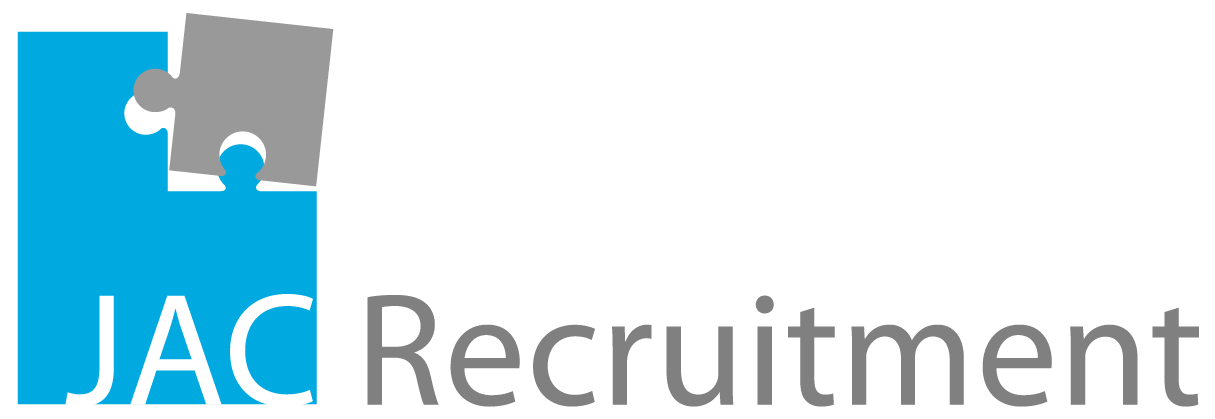In today's competitive job market, standing out in interviews requires more than just a polished resume and impressive credentials. It's about connecting with your interviewer on a deeper level, and one of the most effective ways to achieve this is through storytelling.
Why Storytelling Matters
Storytelling is more than just recounting events—it's about crafting a narrative that showcases your skills, experiences, and values in a compelling way. When you share stories during an interview, you give potential employers a glimpse into your problem-solving abilities, your resilience in overcoming challenges, and your passion for your work. These stories humanise you and make you memorable beyond your qualifications alone.
How to Incorporate Storytelling
Choose Relevant Stories: Select anecdotes that demonstrate key skills or qualities the employer is looking for. Whether it's a time when you led a successful project, resolved a difficult situation, or collaborated effectively with a team, make sure your stories align with the job requirements.
Structure Your Stories:
Begin with a brief introduction to set the scene, describe the challenge or task you faced, explain the actions you took (including any obstacles you overcame), and conclude with the results or lessons learned. This structure not only keeps your narrative clear but also highlights your problem-solving abilities and achievements.
Showcase Your Personality:
Use storytelling as an opportunity to let your personality shine through. Share why these experiences are meaningful to you and how they have shaped your professional journey. This authenticity can help build rapport with your interviewer and demonstrate your cultural fit within the organisation.
Benefits of Effective Storytelling
Memorability:Interviewers often meet numerous candidates in a short period. A well-told story can make you stand out and be remembered long after the interview.
Engagement:
Stories captivate attention and engage the interviewer on an emotional level, making it easier for them to envision you as part of their team.
Demonstrates Skills:
Instead of listing skills, storytelling allows you to demonstrate them in action, providing concrete examples of your capabilities.
Conclusion
Incorporating storytelling into your interview strategy can significantly enhance your chances of landing your dream job. By weaving narratives that illustrate your skills, experiences, and values, you create a compelling case for why you are the perfect fit for the role. So, next time you prepare for an interview, remember the power of storytelling—it could be the key to unlocking your career success.
In today's competitive job market, having a polished resume isn't enough—you need to make a lasting impression. Our expert tips will help you create compelling stories that highlight your problem-solving abilities, resilience, and passion for your work.
Are you ready to stand out and land your dream job?


